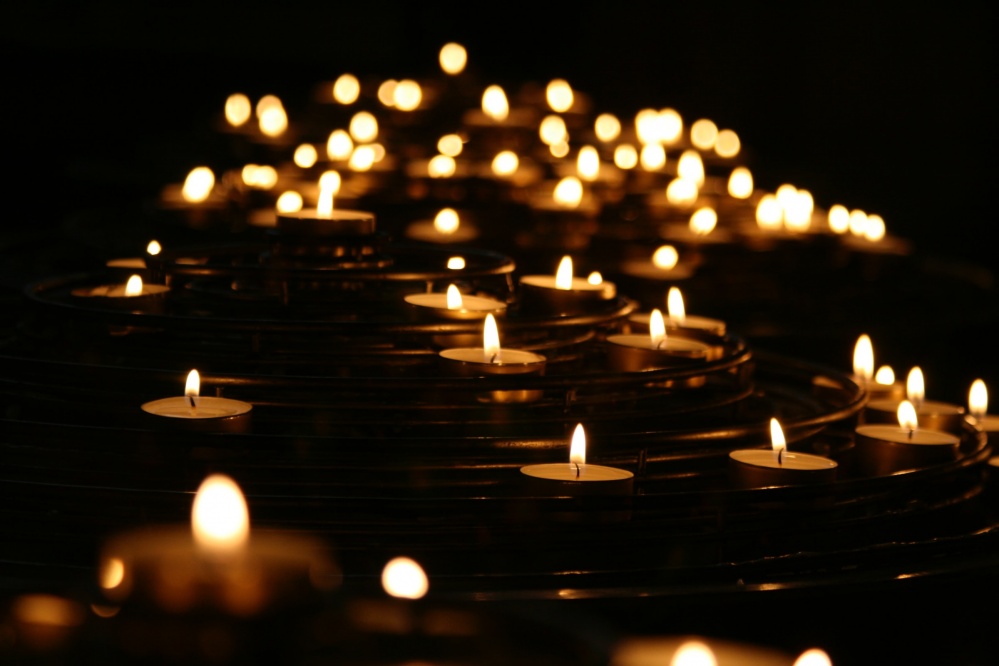Holocaust Memorial Day 2016

Making sense of the incomprehensible
Every year, 27 January marks Holocaust Memorial Day, a national commemoration of the liberation of Auschwitz-Birkenau concentration camp. The Holocaust shook the very foundations of modern civilisation – an unprecedented horror that must never be forgotten, must always have a permanent place in our consciences and the global collective memory, and from which lessons must be derived to ensure future acts of genocide are prevented.
This year’s theme Don’t Stand By is of paramount importance in a world where genocide, anti-Semitism and discrimination still exist, representing an important reminder that genocide is created by a disavowal of collective social responsibility.
This year York is embracing the theme with a programme of events and exhibitions that provide a message that is both reflective and of import for present and future generations in order to create a safer world. Given the 1190 massacre of 150 jews at Clifford’s Tower, the event is particularly significant to the city of York.
Beginning on 23 January, events include screenings of The Boy in the Striped Pyjamas, Woman In Gold, a film based on the true story of an elderly refugee’s battle with the Austrian government to reclaim an art masterpiece stolen from her family by the Nazis in Vienna, and My Nazi Legacy, a documentary that brings together the sons of two Nazi war criminals with human rights lawyer Philippe Sands, who lost several family members to the Holocaust.
Theatre students from York St John University will also present a unique reinterpretation of Shakespeare’s King Lear at The Guildhall. The play’s motif is drawn from the infamous and oft-quoted lines ‘They kill us for their sport’, and the performance of the same name will be composed of half-remembered events and fragmentary images and conversations – a dramatic attempt perhaps to make sense of the incomprehensible.
There will also be two historical walks on the 27 and 31 January regarding the Jewish contribution to York’s history, with the walk on the 27 entering the site of Clifford’s Tower, the ruined keep of York Castle where so many Jews tragically committed suicide on 16 March 1190, rather than being murdered at the hands of a baying mob or forced to renounce their faith. A handful of Jews who surrendered and promised to convert to Christianity were murdered upon setting foot outside the castle by the besieging mob. The massacre wiped out the entire Jewish population of York – some 150 men, women and children.
The events in York will culminate with York Holocaust Memorial Day Civic Event. Held at Explore York Library Learning Centre, the evening will include short talks, exhibitions and discussion and film inspired by the theme Don’t Stand By. Michael Barrie’s talk on The Evian Conference of 1938 has particular relevance to today’s world given the current plight of refugees. Convened by US President Franklin D Roosevelt in July 1938 to respond to the plight of Jewish refugees fleeing the Nazis the conference failed to come to a collective resolution, leaving Hitler free to implement the Final Solution.
Paul Dillane, Executive Director of the UK Lesbian and Gay Immigration Group will also talk about the plight of LGBTI refugees, and Voices from Syria will feature an interview with members of the local Syrian community. There will also be a candlelit commemoration at Clifford’s Tower on 16 March for the massacre of Jewish people in 1190.
The programme promises to be an emotional, evocative and ultimately important commemoration of the victims of the Holocaust and other genocides, providing lessons that today’s society can learn from in order to create a safer and more tolerant world and future.
To find out more about Holocaust Memorial Day in your local area visit www.hmd.org.uk






